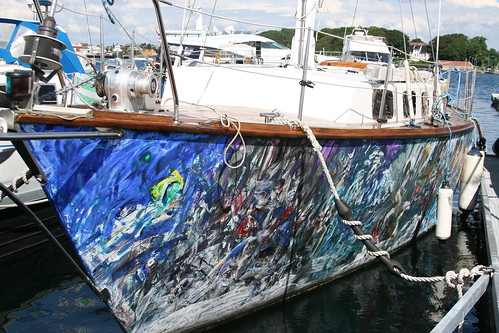larrytbull
New Member
I always thought for gas engines winterizing you should fill tank. Was bored the other day and read the West Marine Winterizing check list and they said empty tank for gas engines, fill tank for diesel.
Thoughts?
Thoughts?




